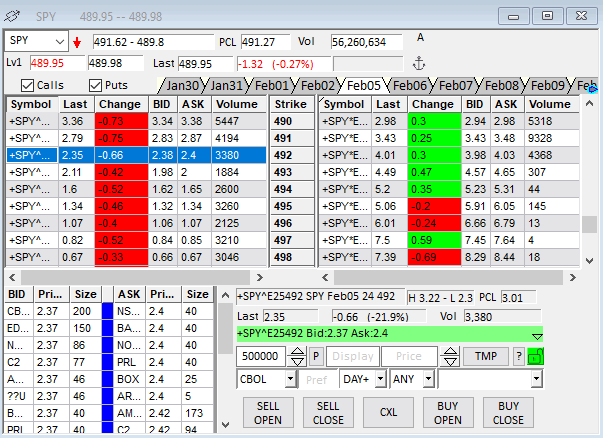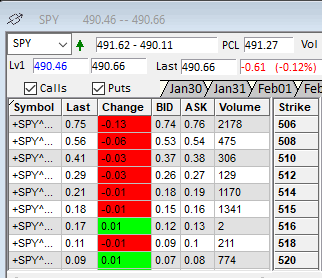Options trading can be a rewarding but also risky way to invest in the stock market. There are many common mistakes that traders make when trading options, and avoiding them can help you improve your performance and reduce your losses. Here are some of the common mistakes to avoid when trading options:
- Buying out-of-the-money (OTM) call options: OTM call options are cheap, but they have a low probability of being profitable. They require a large and timely move in the underlying stock to overcome time decay and break even. Instead of buying OTM call options, you can consider selling covered call options on stocks that you already own or are bullish on. This way, you can collect premium and limit your downside risk, while still retaining some upside potential (source).
- Misunderstanding leverage: Options are leveraged products, meaning that you can control a large amount of stock with a small amount of money. However, leverage also magnifies your risk and can result in large losses if the stock moves against you. You should always be aware of how much leverage you are using and how much money you can lose in each trade. You should also use stop-loss orders or risk management strategies to limit your losses (source).
- Choosing the wrong expiration date: The expiration date of an option contract determines how much time you have for your trade to work out. Choosing the wrong expiration date can result in losing money even if your directional view is correct. You should choose an expiration date that matches your outlook and gives you enough time for the stock to move in your favor. You should also consider the impact of time decay, which is the decrease in value of an option as it approaches expiration (source).
- Choosing the wrong position size: Position size is the number of contracts or shares that you trade in each transaction. Choosing the wrong position size can result from fear or greed, and can lead to over trading or undertrading. Overtrading means trading too much or too often, which can increase your commissions and fees, reduce your liquidity, and expose you to more risk. Undertrading means trading too little or too infrequently, which can limit your profits and opportunities. You should choose a position size that is appropriate for your account size, risk tolerance, and trading objectives (source).
- Not having a plan: Trading options without having a clear plan is like driving without a map. You need to have a plan that defines your objective, entry point, exit point, stop-loss level, target level, position size, and risk-reward ratio. You also need to stick to your plan and avoid emotional decisions. Having a plan can help you stay focused, disciplined, and consistent in your trading (source).

These are some of the common mistakes to avoid when trading options. By following these tips and strategies, you can improve your chances of success and reduce your losses in options trading.


